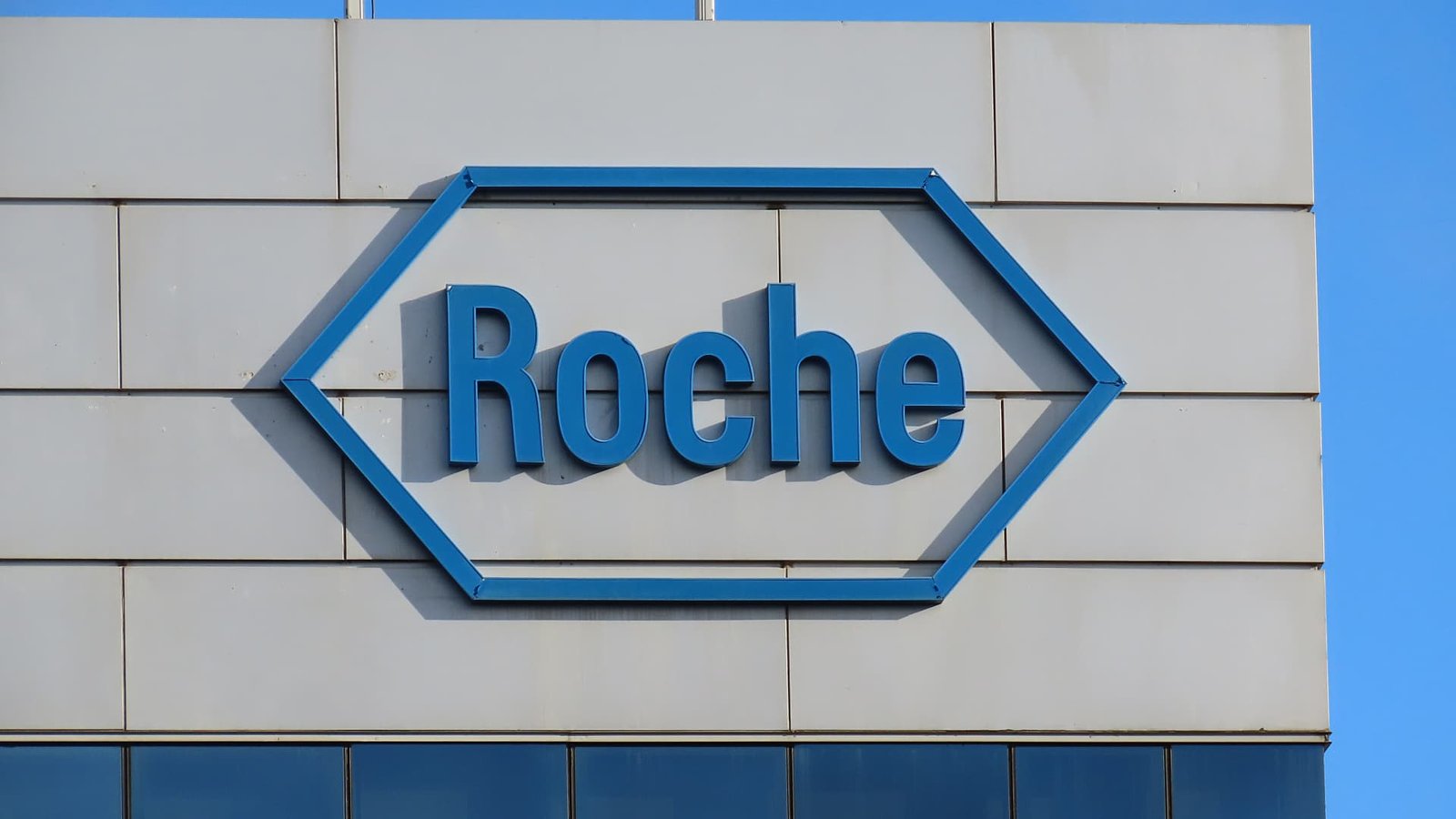A version of this article was initially featured in CNBC’s Healthy Returns newsletter, delivering the latest health-care news directly to your inbox. Subscribe here to get upcoming editions.
The U.S. Food and Drug Administration concluded 2024 with 50 new drug approvals, clearing a wave of long-awaited treatments. The agency’s official count of new treatments not previously approved or marketed in the U.S. slightly decreased from 55 in 2023. However, there were several firsts and other notable medications that received the green light last year.
One significant approval was the first-ever treatment for metabolic dysfunction-associated steatohepatitis (MASH), a common and potentially fatal liver disease affecting millions globally. The drug, Rezdiffra, developed by Madrigal Pharmaceuticals, succeeded in an area where several large companies had previously failed or were still attempting to enter.
Additionally, the FDA approved the first two treatments for Niemann-Pick disease type C, a rare progressive genetic disorder. This condition causes nervous system damage over time due to the body’s inability to transport cholesterol and other fatty substances within cells, resulting in a buildup of these substances in the body.
The FDA also granted approval for several drugs designed to treat well-known diseases in innovative ways. For instance, Bristol Myers Squibb’s Cobenfy is the first novel treatment for schizophrenia in decades, belonging to a new class that does not directly block dopamine to alleviate symptoms.
Pfizer’s new drug, Hympavzi, for hemophilia A or B, genetic bleeding disorders, targets a specific protein in the blood-clotting process. It is also the first hemophilia medicine in the U.S. administered using a pre-filled, auto-injector pen.
Merck’s Winrevair became the first drug to address the root cause of pulmonary arterial hypertension, a life-threatening lung condition. Other available medicines only help manage symptoms.
Furthermore, the FDA approved Amgen’s therapy, Imdelltra, as a second or later line treatment for advanced small-cell lung cancer. It is the first T-cell engager therapy approved for this form of lung cancer, designed to redirect the immune system’s T-cells to identify and eliminate cancer cells.
Eli Lilly’s long-awaited drug for early symptomatic Alzheimer’s disease, Kisunla, also received FDA approval, expanding treatment options in the U.S. for this degenerative disease.
Many of the FDA approvals were for products from a mix of lesser-known public and private companies, such as Allecra Therapeutics, Iovance Biotherapeutics, and BridgeBio Pharma, indicating that smaller biotech companies are increasingly willing to bring their products to market independently.
Digital health startup Transcarent announced its acquisition of Accolade in a deal valued at approximately $621 million. Transcarent, recognized on CNBC’s Disruptor 50 list, offers at-risk pricing models to self-insured employers to facilitate quick access to care and benefits navigation. Accolade, providing care delivery, navigation, and advocacy services, went public in 2020 but has seen its stock decline since then.
The acquisition will be at $7.03 per share in cash, representing a premium of about 110% over Accolade’s closing stock price on Tuesday. The deal is anticipated to close next quarter, subject to shareholder and regulatory approvals.
Transcarent’s CEO Glen Tullman, previously involved in the Livongo acquisition by Teladoc, expressed enthusiasm about the merger with Accolade, emphasizing a shared vision and complementary expertise between the two companies.
For any tips, suggestions, story ideas, or data, contact Annika at annikakim.constantino@nbcuni.com.




